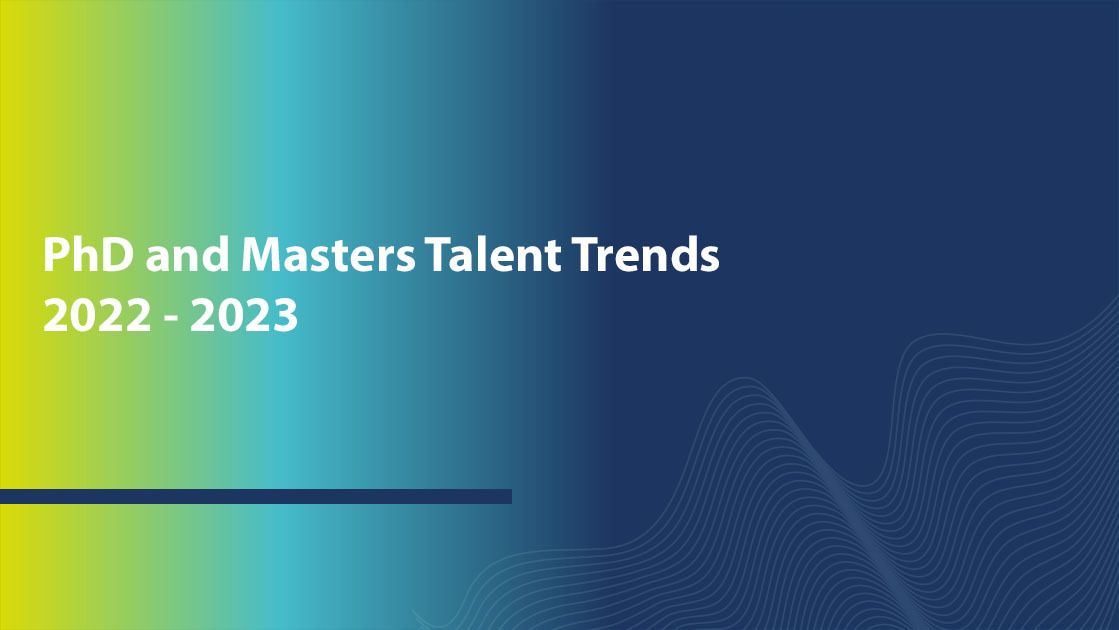Many of the finest minds at British and Irish higher education institutions started their career journeys by applying for a Masters or PhD opportunity. It’s where future talent can hone their skills, showcase their research expertise and gain the knowledge and experience they need to help take on the world’s biggest challenges.
At jobs.ac.uk we’ve carried out an in-depth study to provide you with a greater insight into recruitment trends in this market. Our report takes a closer look at the 4,441 Masters and PhD opportunities placed on jobs.ac.uk from August 1st 2022 to July 31st 2023 by UK and Irish higher education institutions.
Key findings:
- 4,441 Masters and PhD opportunities were posted on jobs.ac.uk by UK and Irish higher education institutions from August 1st 2022 to July 31st 2023
- 99% of PhD’s overall are offered as fulltime positions
- PhD opportunities on average attract 936 views
- For Masters, 21% of opportunities offered funding up to £19,999 with 60% of opportunities not disclosing the funding
You can download the complete report here.


Share your comments and feedback